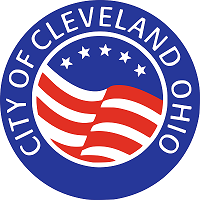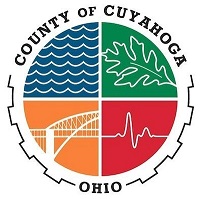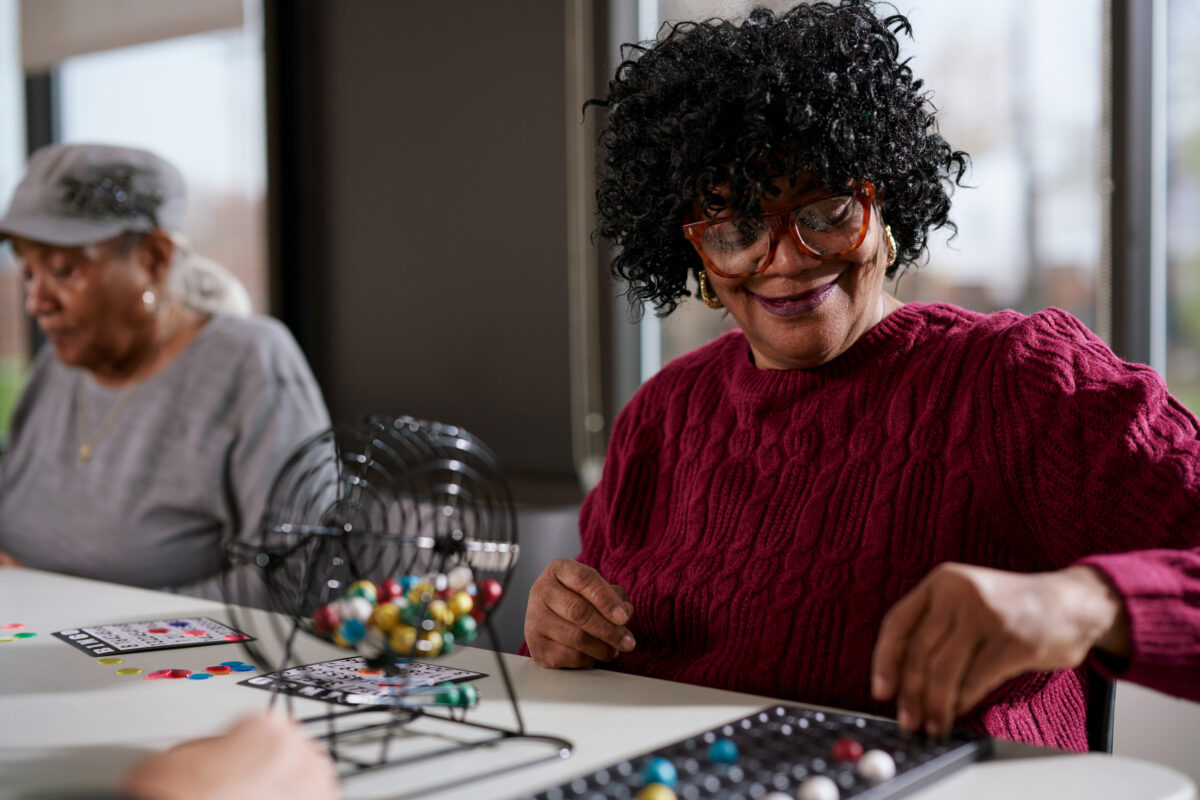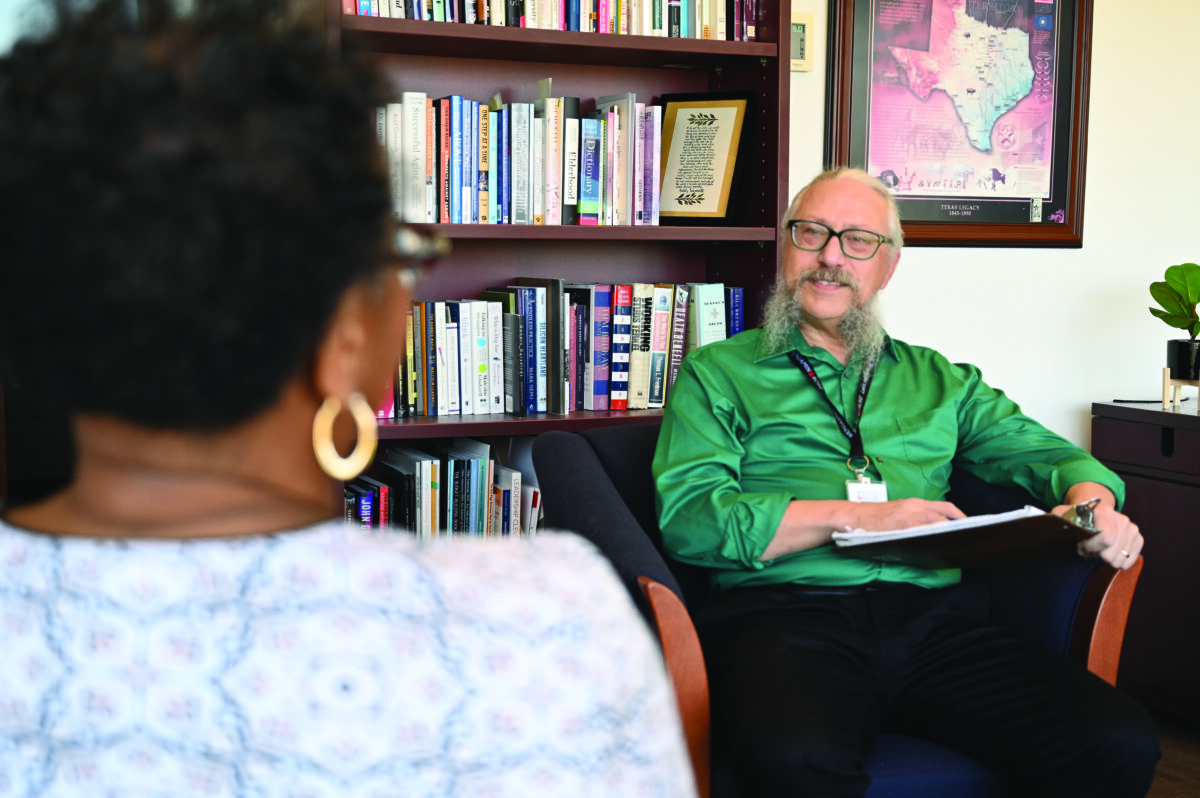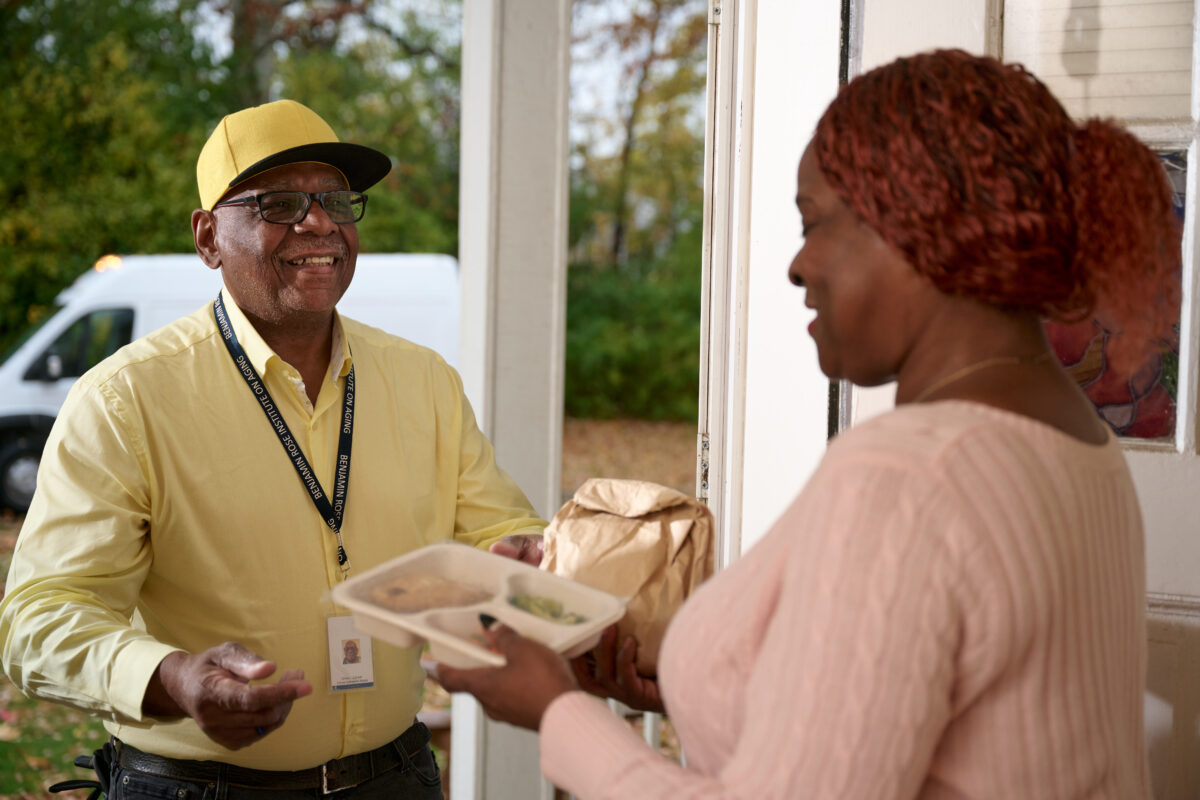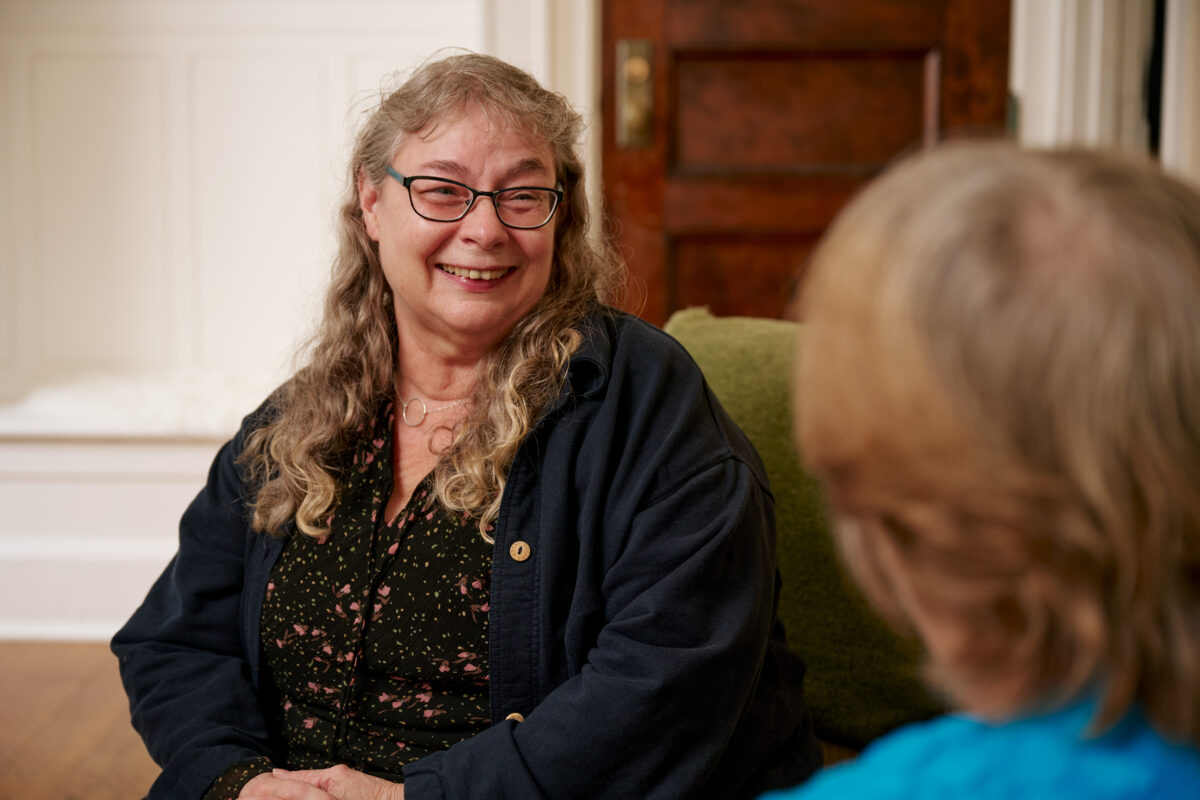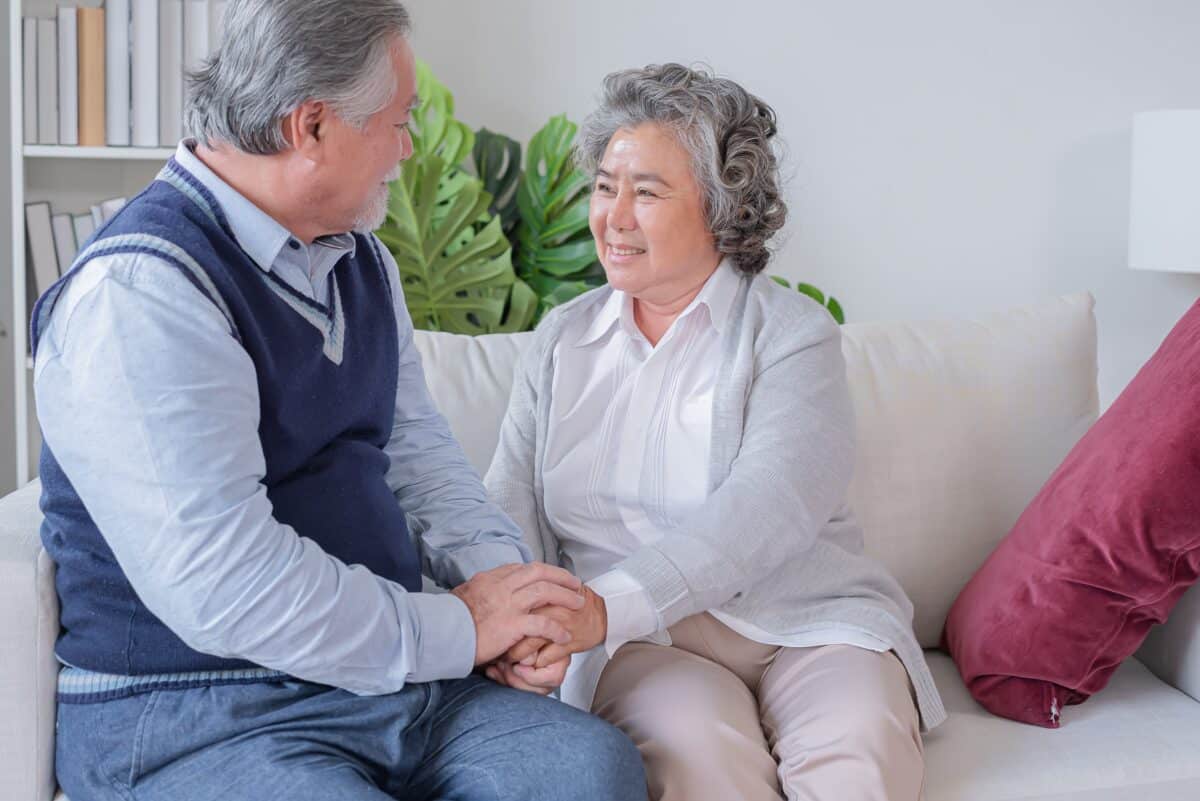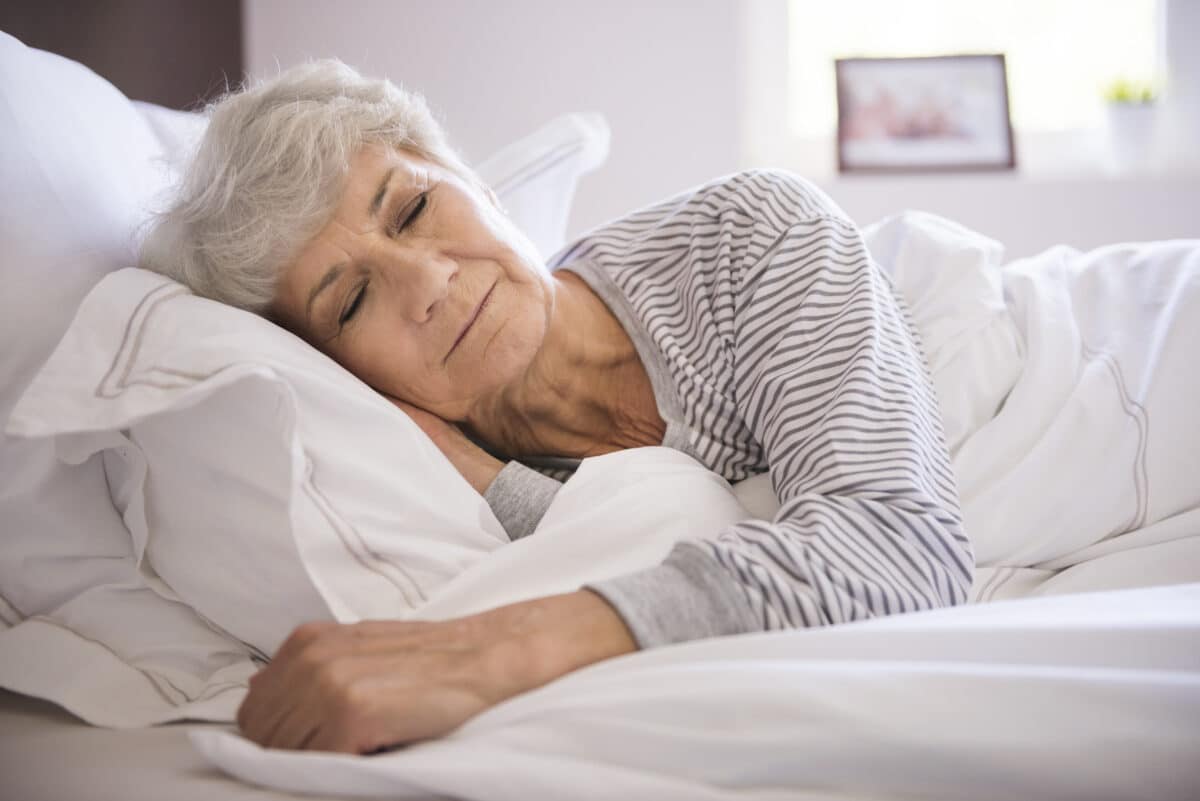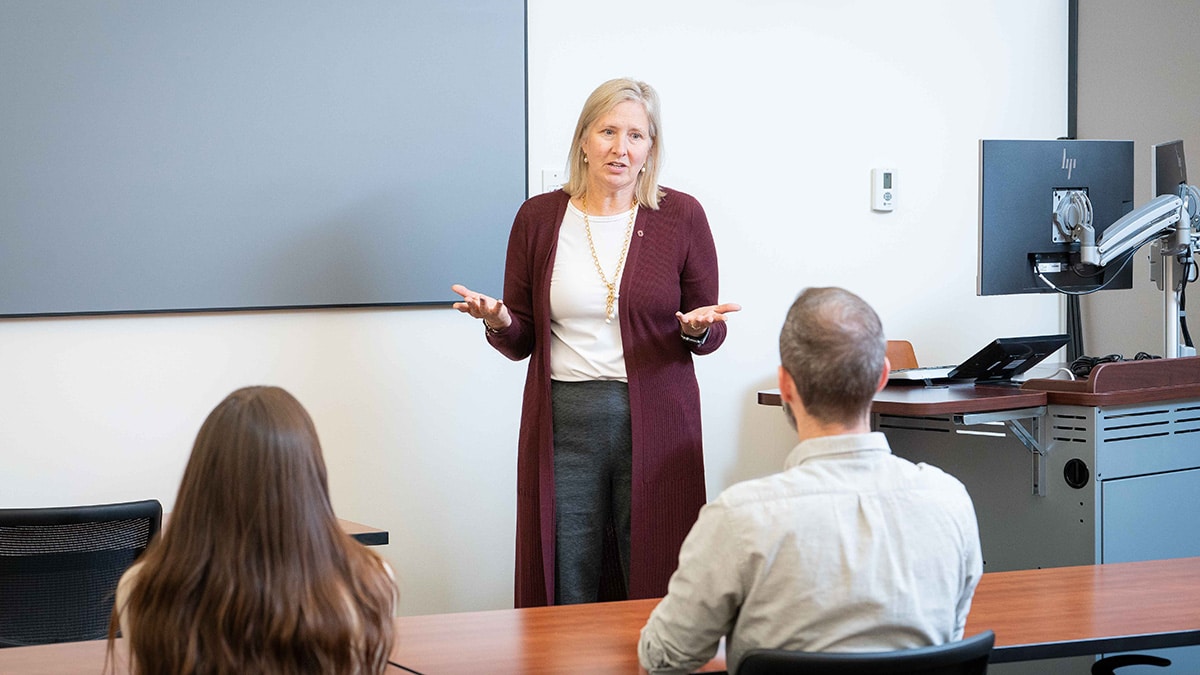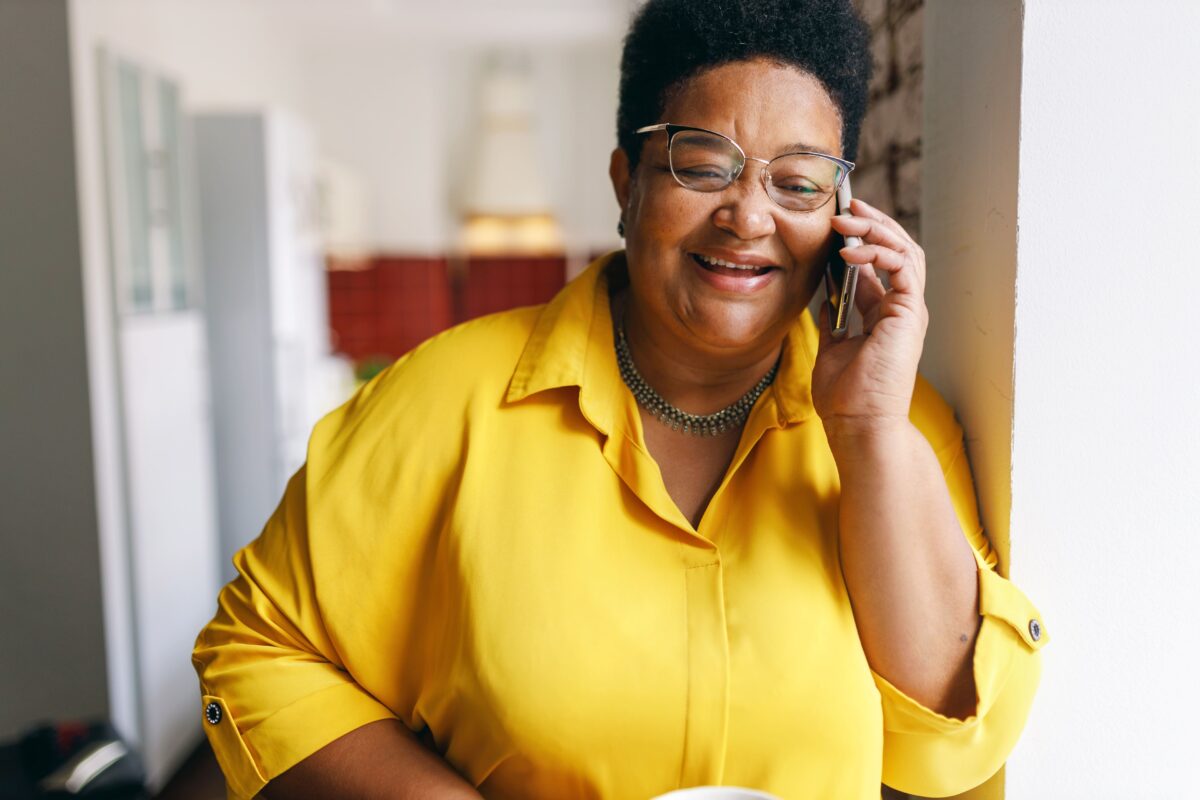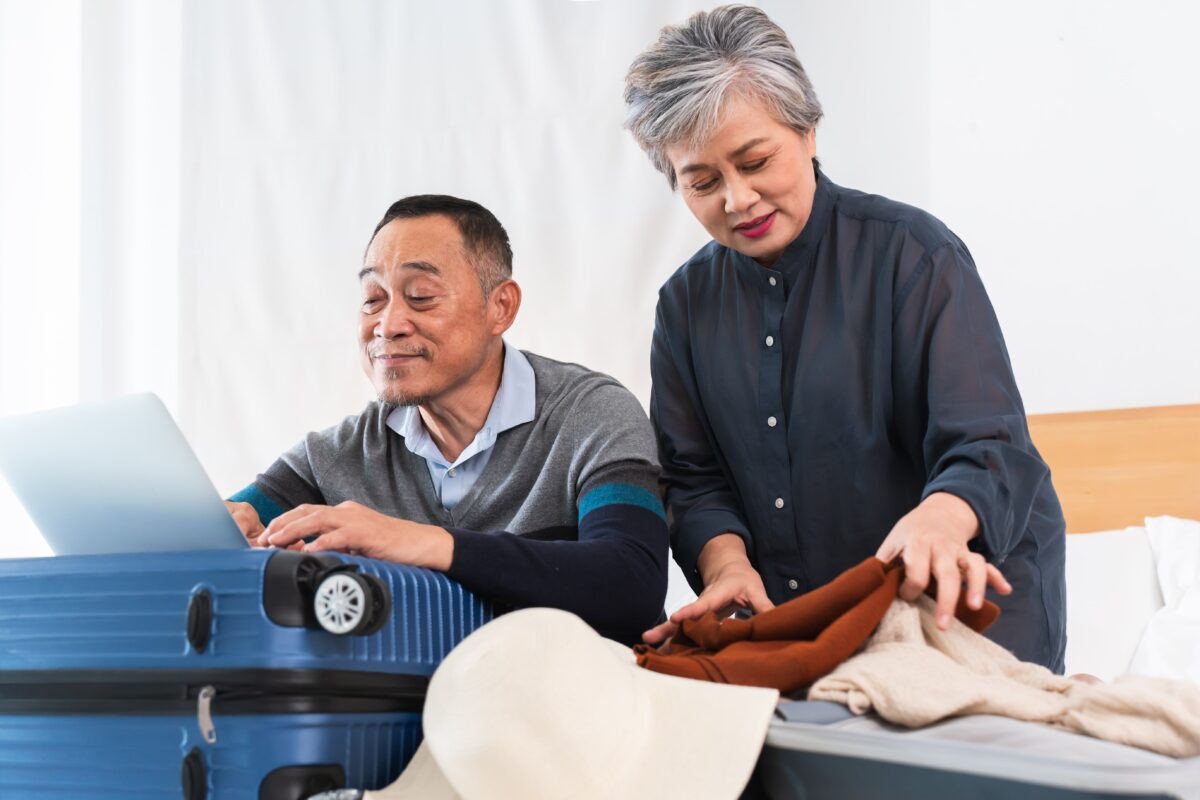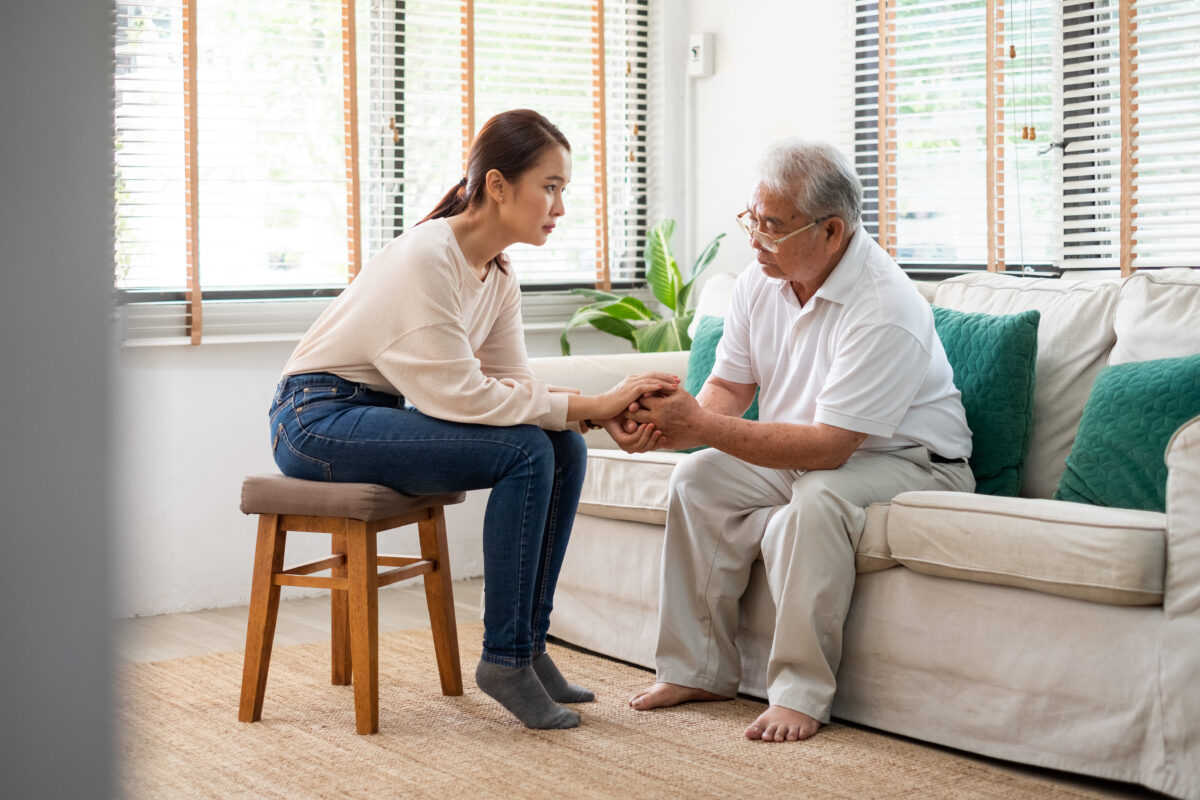
Hoarding Connection of Cuyahoga County
The Hoarding Connection of Cuyahoga County’s mission is to provide support and advice, educate, develop best practices, and assist in identifying needed resources for individuals who hoard and those that work with individuals who hoard.
This collaborative effort brings together more than 20 organizations from the public, nonprofit, and private sectors to address hoarding issues across the county.

The Hoarding Connection of Cuyahoga County (HCC) promotes a comprehensive approach to helping individuals who hoard while protecting the safety of the community and individuals who respond to hoarding situations. To do this, the group:
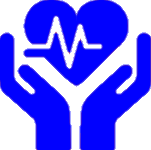
Provides public information to improve community awareness of hoarding as a mental health issue

Provides education and training to professionals and organizations in contact with individuals who hoard
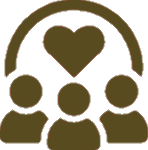
Organizes peer-led treatment groups for individuals with hoarding disorder

Develops and disseminates information that can be used by organizations across the county to advocate for individuals with hoarding disorder.
FAQs
Explore our events and workshops:
There are no events to display at this time. Check back soon.
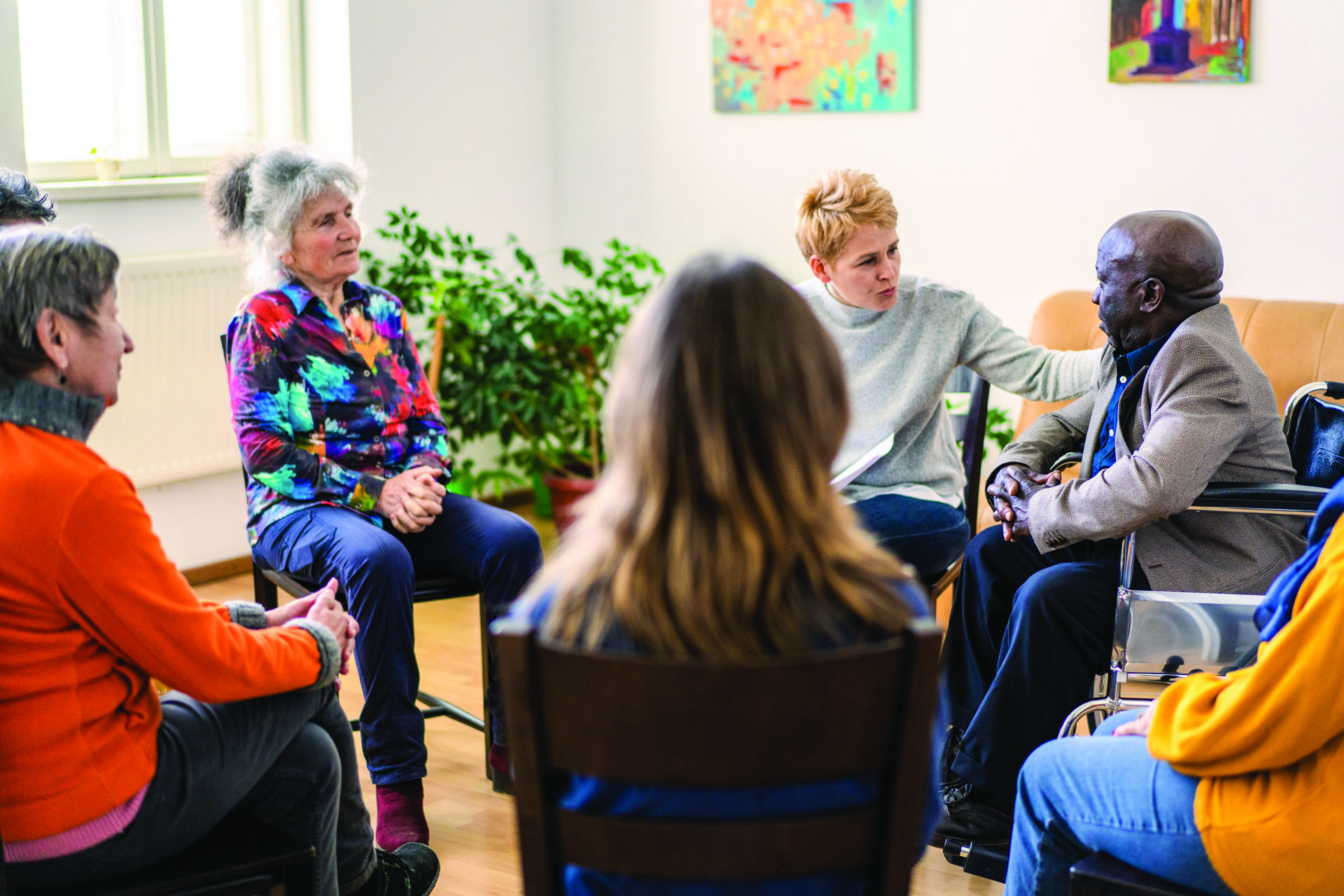
Connect with support and guidance
Need help managing your hoarding disorder? Want to join the Hoarding Connection as a partner organization? Fill out the below form, and a member of our team will reach out to you with next steps.
Hoarding resources in Cuyahoga County
This list is for informational purposes only and does not constitute an official endorsement of products or services by the Benjamin Rose, the ADAMHS Board or other partner organizations of the Hoarding Connection.
Mental Health and Behavioral Support
Behavioral Health Services, Benjamin Rose
216-791-8000
Junk Removal and Cleanout Services
1-800-Got-Junk
1-800-468-5865
Haul My Mess
216-799-9911
Junk Away
855-855-5865
Specialized Cleaning Services
Bio Clean Services
800-901-2988
Rainbow International of Cleveland
440-888-0497
Steri-Clean Cleveland
888-577-7206
Senior Relocation Services
North Coast Residential Relocation
440-248-5281
Thank you to all who make the Hoarding Connection possible!
You may be interested in:
Filter by Audience
Filter by Type
Filter by Topic

Home & Community Based Services
Rose Centers for Aging Well
Rose Centers welcomes everyone to enjoy our wide range of activities. From dance classes to gardening clubs, we cater to every interest while making important connections.

Home & Community Based Services
Social Work
Our Social Work Program addresses concerns of older adults and caregivers, including medical conditions, quality of life and environmental health issues.

Home & Community Based Services
Meals on Wheels
Benjamin Rose’s Meals on Wheels program offers home delivery service of nutritious hot and cold meals to older adults who are unable to shop for or prepare meals independently.

Home & Community Based Services
Behavioral Health Services
Our Behavioral Health Services provide holistic mental health care to help adults 55 and older stabilize behavioral health symptoms.

Programs & Services
Hoarding Connection
Benjamin Rose is member of Hoarding Connection of Cuyahoga County, a group of more than 20 organizations working together to address the issue of hoarding in the community.

Care-Based Estate Planning for Families Living with Dementia
Estate planning is necessary and provides peace of mind, but wills, trusts and powers of attorney can all seem terribly complicated and intimidating to many families. This valuable webinar provides professionals and family caregivers with practical guidance on estate planning, Medicaid rules, and long-term care funding strategies tailored to families living with dementia.

Supporting Older Adults Living with Mental Illness
Mental Illness Awareness Week, recognized each October, is a time to raise awareness about mental health conditions and how they impact people of all ages. While mental illness is more often discussed in the context of younger adults, it’s important to remember that older adults also face unique challenges related to mental health. According to...

How Caregivers Can Advocate for Older Loved Ones in the Health Care System
If your loved one has received a diagnosis that requires extensive care, it’s inevitable that various health care systems, from their primary care provider to specialists who assist with disease-specific treatments. And while it can feel empowering to have experts on your loved one’s care team, if you have concerns about the quality of care your loved one is receiving or the way they’re being treated by the staff that works with them, it can also make you feel powerless. If something feels off, who do you turn to for help?

Recognizing and Treating Sleep Apnea in Older Adults
Does your loved one snore at night? Are they often drowsy during the day? Have they developed balance issues, slower thinking, or experienced anxiety or depression? These symptoms may point to more than just aging—they could be signs of sleep-disordered breathing (SDB), most commonly known as obstructive sleep apnea.

Identifying and Addressing Food Insecurity in Older Loved Ones
As a caregiver, you want to ensure your loved one is not only safe and comfortable, but also well-nourished. Yet for many older adults, consistent access to nutritious food can be a challenge. Food insecurity—the lack of reliable access to enough affordable, nutritious food—affects millions of older adults across the country. According to Feeding America, approximately 1 in 14 seniors faces food insecurity.

Why Mental Health Counseling Matters for Older Adults
May is Mental Health Month—a time to raise awareness and reduce stigma about mental health challenges that affect people of all ages. While mental health concerns are often associated with younger populations, older adults can and do experience depression, anxiety, grief and stress, especially during life transitions like retirement, the loss of a spouse or changes in health.

Access to Resources in Ohio for Individuals Living With Dementia and Their Caregivers
Since 2022, Benjamin Rose Institute on Aging has partnered with Ohio State University, the Ohio Department of Aging, and several other aging organizations throughout the state to develop critical resources for individuals living with dementia and their family and friend caregivers. This partnership has led to the creation of Ohio’s first Alzheimer’s Disease and Other Dementias Statewide Resource Program, offering both virtual and in-person access to training, resources, and research on dementia and dementia care.

A Quick Intro to the GUIDE Model for Health Professionals
GUIDE is well positioned to improve health outcomes by encouraging use of community resources, offering caregiver education to improve competence and confidence, and enhancing access to medical and behavioral specialists, along with seamless coordination of healthcare and support services.

How Older Adults Can Navigate Cold, Flu and COVID Season
Winter months are notorious for an increase in illnesses like the common cold, flu and COVID-19. Older adults in particular are at a higher risk of severe complications from these illnesses due to existing chronic conditions and age-related changes in immunity. With proper preparation and quick action, however, older adults can stay safe and healthy during the season.

Medicare’s GUIDE Program Improves Dementia Care for Families
For families caring for someone with dementia, a groundbreaking program from Medicare has been introduced that could dramatically improve the medical and support services you receive – at no cost to you. Called Guiding an Improved Dementia Experience (GUIDE), this program recognizes the needs of families dealing with dementia and provides Medicare-covered medical and support services to provide individualized assistance.

Understanding Seasonal Affective Disorder and Its Impact on Older Adults
As the days grow shorter and sunlight becomes scarce, many people experience a change in their mood and energy levels in winter. For some, these changes are more severe and have a greater impact on their everyday life, a condition known as Seasonal Affective Disorder (SAD). This form of depression, linked to seasonal changes—particularly the change from summer to fall/winter—affects millions of people annually, including a significant number of older adults.

Assessing Travel Readiness for Older Loved Ones During the Holidays
The holiday season is a time for family gatherings, shared meals and cherished traditions. When you’re caring for an older loved one, it also includes navigating the logistics of travel. While traveling can offer a wonderful opportunity for connection, it’s important to ensure that your loved one is healthy and prepared for the journey. Before booking tickets or packing bags, consider these steps to assess whether your loved one is ready to travel and how to ensure they have a safe and comfortable trip.

Managing Life After a Diabetes Diagnosis: Key Steps for Your Health
Being diagnosed with diabetes can feel overwhelming, but with the right steps, you can manage it effectively and continue to live a healthy, fulfilling life. There are key actions to take, along with other areas of your health to monitor for preventing complications.

Suicide Awareness and Prevention in Older Adults
Suicide among older adults is an often overlooked, public health concern. While conversations about mental health have become a lot more common and less stigmatized than in the past, the focus is frequently on younger generations, leaving older adults by themselves in the previous mindset of mental struggles being better left unspoken. Understanding the unique challenges faced by older adults is crucial in addressing this silent crisis and ensuring that those at risk receive the support and care they need.

The Importance of Immunizations for Older Adults
As we age, the body undergoes numerous changes, many of which impact our immune system. One of the most significant aspects of aging is the gradual weakening of the immune system, a process known as immunosenescence. This decline in immune function increases susceptibility to infections and diseases. Older adults make up about 70 to 85 percent of seasonal flu-related deaths, and are at the highest risk of severe-to-fatal pneumonia than any other age group. Accordingly, while immunizations are important for people of every age, they are of critical importance to older adults.

